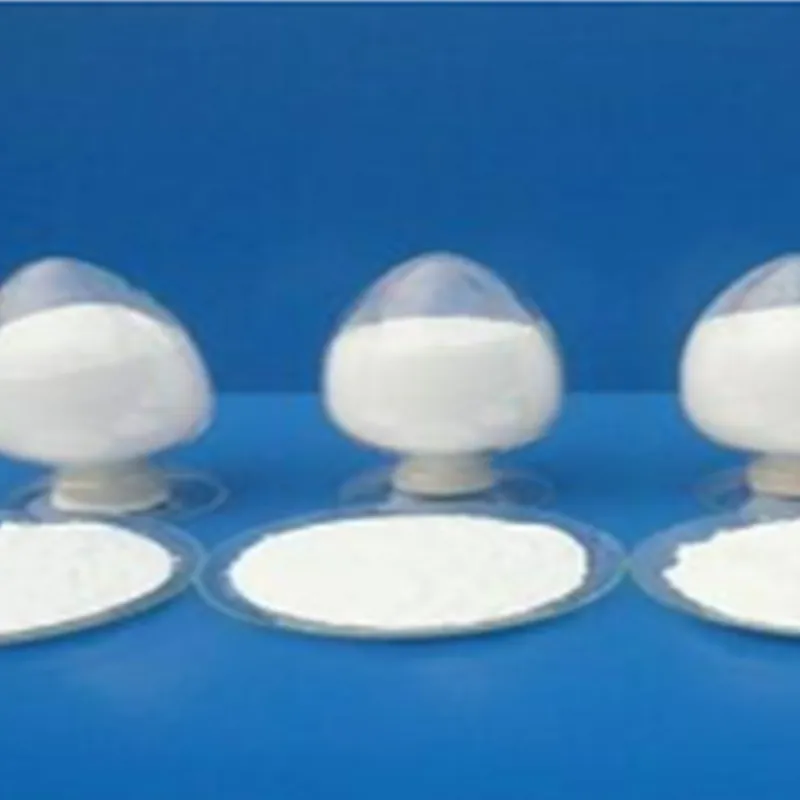
Understanding E Additives and Their Impact on Food Safety and Health
Understanding E-Additives What They Are and Their Impact on Our Food
E-additives, commonly referred to as food additives, are substances added to food products to enhance their flavor, appearance, shelf life, and overall quality. These additives are typically designated by an E followed by a number, indicating that they are approved for use within the European Union. While these substances play a crucial role in modern food production, their safety and impact on human health are often subjects of debate.
The use of E-additives dates back centuries, with ancient civilizations using salt, sugar, and honey as natural preservatives. However, in today's industrialized world, the range and complexity of food additives have expanded significantly. E-additives can be categorized into various groups, including preservatives, colorings, flavor enhancers, and emulsifiers, each serving specific purposes.
Understanding E-Additives What They Are and Their Impact on Our Food
Another category is colorings, which enhance the visual appeal of food. Many consumers are attracted to brightly colored packaging and products, often associating color with freshness and flavor. However, artificial colorings, such as E102 (tartrazine) and E129 (allura red), have been linked to allergic reactions and hyperactivity in children, leading some parents to prefer natural alternatives.
e additives

Flavor enhancers like E621 (monosodium glutamate, or MSG) are extensively used in processed foods to amplify existing flavors. While many people enjoy the taste that flavor enhancers provide, there are ongoing discussions about their safety. Some individuals claim to experience adverse reactions to MSG, such as headaches and nausea, although scientific studies have not conclusively validated these claims.
Lastly, emulsifiers (such as E471, mono- and diglycerides) are vital in maintaining the texture and consistency of food products. They allow water and oil to mix, which is crucial in items like salad dressings and mayonnaise. While emulsifiers improve product stability, concerns exist regarding their impact on gut health and the microbiome, especially with regular consumption.
Despite the regulatory oversight in many countries, including rigorous testing by agencies like the European Food Safety Authority (EFSA) and the U.S. Food and Drug Administration (FDA), the dialogue around E-additives is far from settled. Consumer awareness and preference for clean label products—those without artificial additives—are driving many manufacturers to reformulate their products.
In conclusion, E-additives are an integral part of the modern food landscape, contributing to the convenience and palatability of many products we consume daily. While they offer numerous benefits, it is essential for consumers to stay informed about what they are eating. Understanding the role and implications of E-additives can empower individuals to make better dietary choices, fostering a healthier relationship with food. As the demand for transparency in food labeling increases, the future may see a shift towards more natural alternatives, reshaping the food industry as we know it.
-
Pure Sodium Dichloroisocyanurate Dihydrate | Powerful DisinfectantNewsAug.29,2025
-
Industrial Chemicals: Quality & Purity for Every IndustryNewsAug.28,2025
-
Nitrile Rubber Honoring Strict Production StandardsNewsAug.22,2025
-
Aspartame Ingredients Honoring Food Safety ValuesNewsAug.22,2025
-
Fertilizer for Balanced Plant NutritionNewsAug.22,2025
-
Cyanide Gold Processing with High Purity AdditivesNewsAug.22,2025
-
Formic Acid in Textile Dyeing ApplicationsNewsAug.22,2025
Hebei Tenger Chemical Technology Co., Ltd. focuses on the chemical industry and is committed to the export service of chemical raw materials.
-

view more DiethanolisopropanolamineIn the ever-growing field of chemical solutions, diethanolisopropanolamine (DEIPA) stands out as a versatile and important compound. Due to its unique chemical structure and properties, DEIPA is of interest to various industries including construction, personal care, and agriculture. -

view more TriisopropanolamineTriisopropanolamine (TIPA) alkanol amine substance, is a kind of alcohol amine compound with amino and alcohol hydroxyl, and because of its molecules contains both amino and hydroxyl. -

view more Tetramethyl Thiuram DisulfideTetramethyl thiuram disulfide, also known as TMTD, is a white to light-yellow powder with a distinct sulfur-like odor. It is soluble in organic solvents such as benzene, acetone, and ethyl acetate, making it highly versatile for use in different formulations. TMTD is known for its excellent vulcanization acceleration properties, which makes it a key ingredient in the production of rubber products. Additionally, it acts as an effective fungicide and bactericide, making it valuable in agricultural applications. Its high purity and stability ensure consistent performance, making it a preferred choice for manufacturers across various industries.





